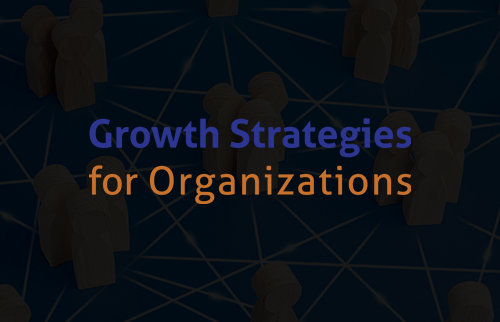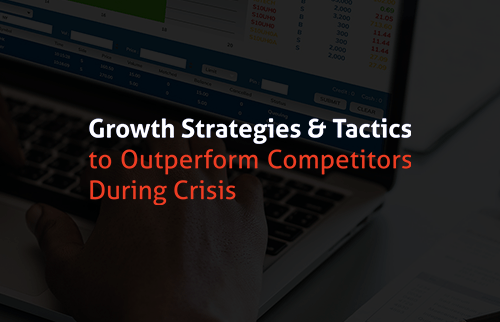استراتيجيات النمو للمنظمات
التقييم
المستوى متقدم
الشهادة
الاختصار
وصف الدورة
النمو هدف استراتيجي لكل المنظمات الحكومية والخاصة سواء الربحية أو غير الربحية، فالبقاء فقط خيار سيء يجب تحويله إلى النمو. هذا النمو للأشخاص أو المنظمات لا يحدث وحده، كما أنه لا يحدث صدفة، بل يمر بمراحل منهجية علمية يمكن التخطيط لها لتحقيق أعلى فرص النجاح.
من خلال هذه الدورة سيتم تسليط الضوء على هذه المنهجية العلمية والطرق الاستراتيجية التي تحقق النمو والازدهار على مستوى المنظمات، وتحقق النجاح والفاعلية على مستوى الأفراد والقياديين.
أهداف الدورة
في نهاية الدورة، سيكون المتدربون قادرون على:
- التعرف على المراحل الثمانية التي تمر بها المنظمات من التأسيس إلى الوفاة
- التعرف على كيفية البقاء في مرحلة النمو باستمرار وعدم الانتقال إلى الوفاة
- التدرب على مواصفات كل مرحلة واستراتيجيات النجاح فيها
- التعرف على المراحل الثمانية لنمو المنظمات
- كيفية الصمود في وجه المشاكل الرئيسية لأي مشروع
- كيفية المحافظة على النمو وتحقيق النجاح وتجنب الانهيار أو الفشل
وصف الشهادة
للحصول على شهادة استراتيجيات النمو للمنظمات ينبغي على المتدرب تحقيق نسبة حضور تتجاوز 80%.
الشريحة المستهدفة
- القيادات العليا للشركات والمنظمات والمبادرات
- مدراء الإدارات الوسطى والإدارات الإشرافية الذين يملكون الدافع لتعزيز مهاراتهم وقدراتهم ومعارفهم ليصبحوا قادة أكثر فعّالية
- الاستراتيجيين ومسؤولي التخطيط الاستراتيجي في المنظمات
- مدراء الشركات والبنوك والمنظمات
- المدراء التنفيذيين ومدراء الأقسام المالية والموارد البشرية
- مدراء المشاريع ومدراء التسويق
- الموظفين الراغبين بتحقيق تقدم في مسارهم الوظيفي والمهني

-
AlTANMYA Address
Damascus, Syria Near the US Embassy, Malki
-
Contact Number
+ (963) 11 334 5537 + (963) 99 6666 037

ابحث عن الدورات التدريبية
املأ النموذج أدناه و ابدأ البحث










